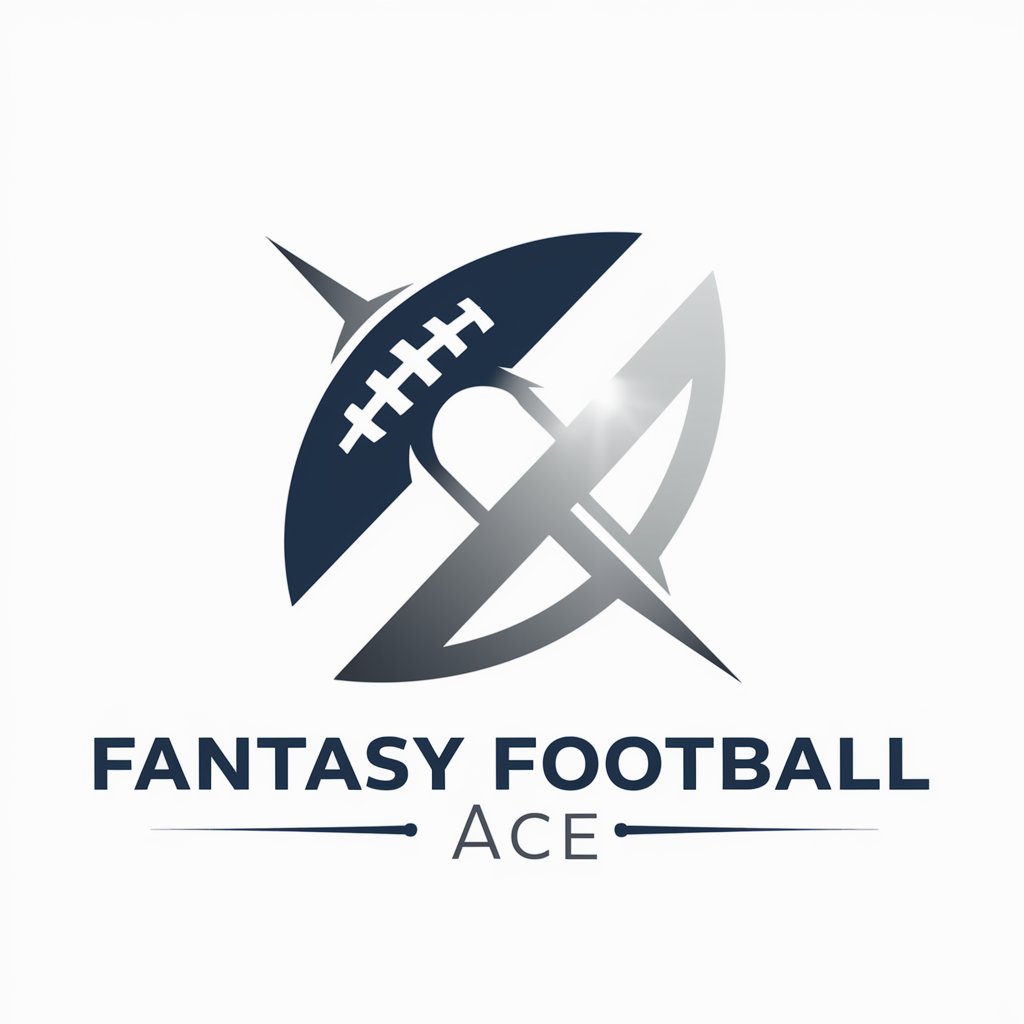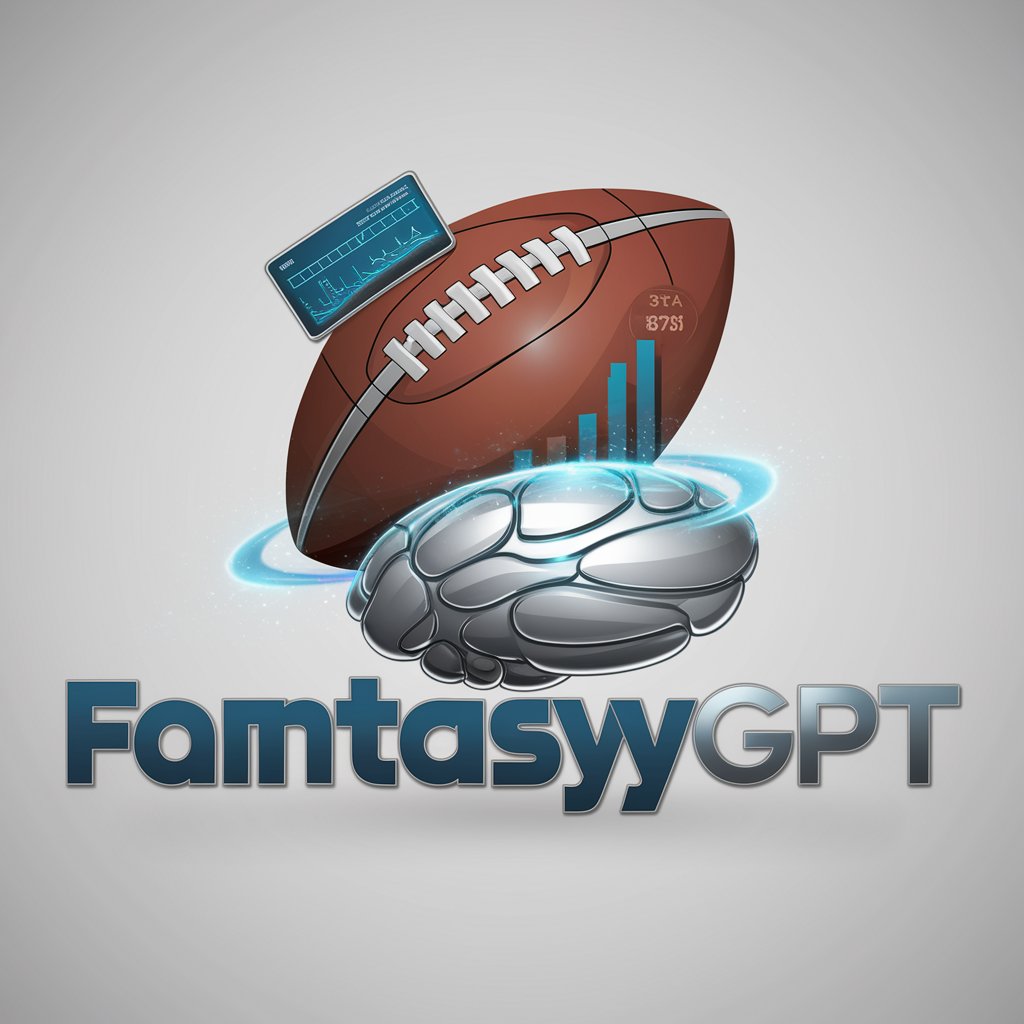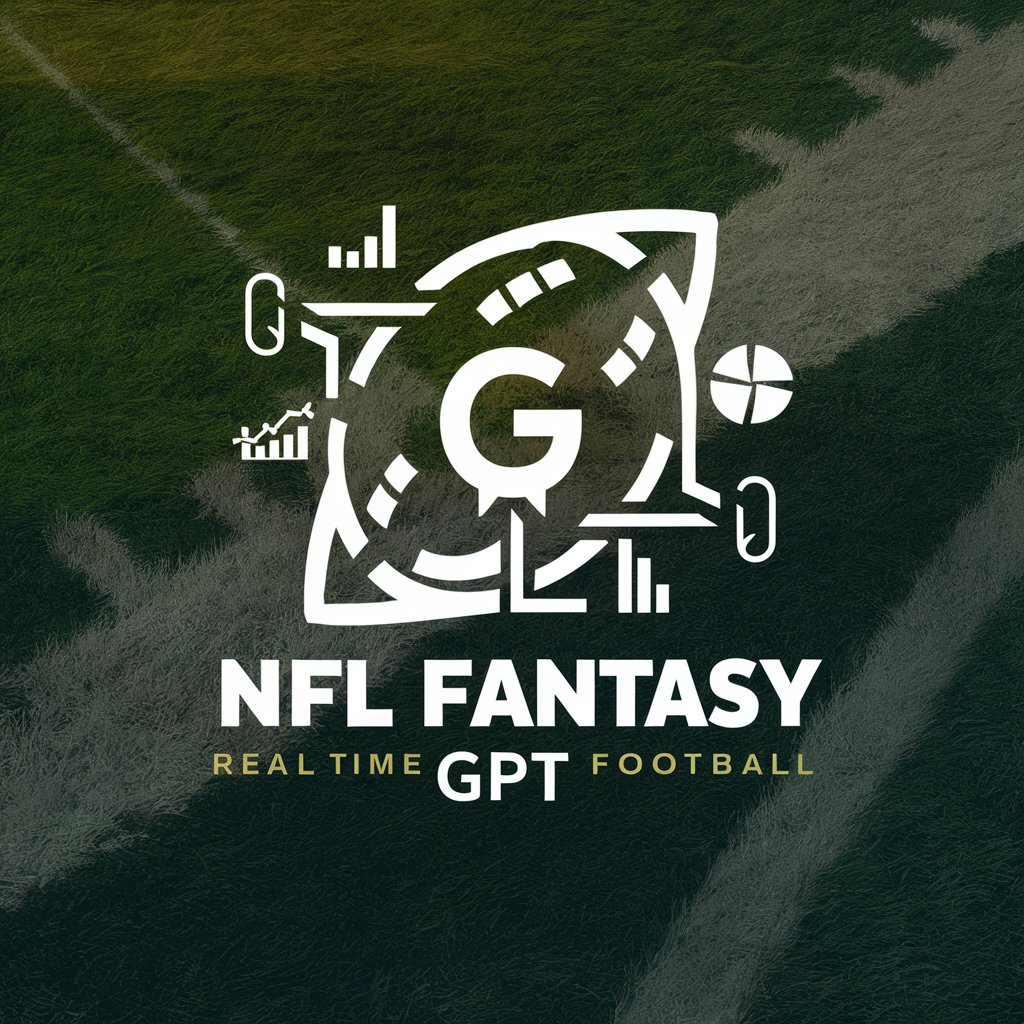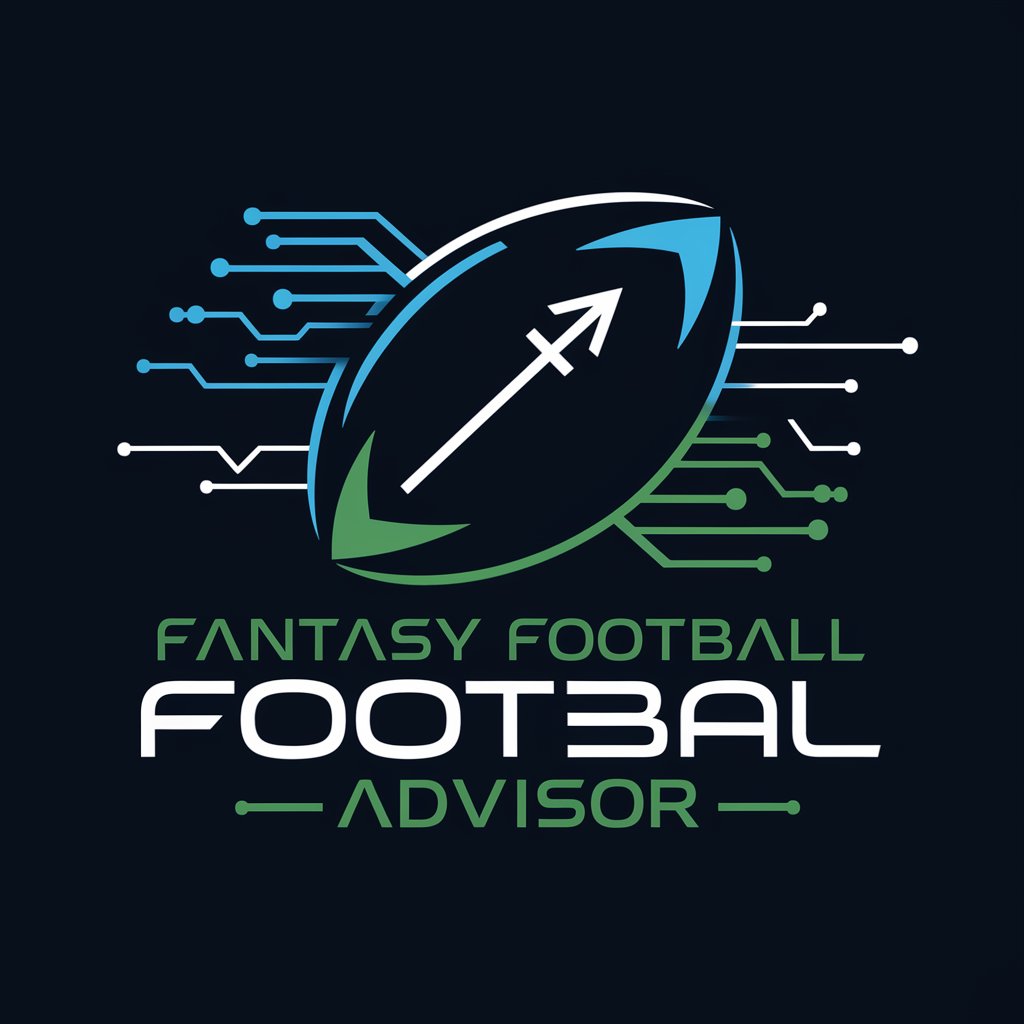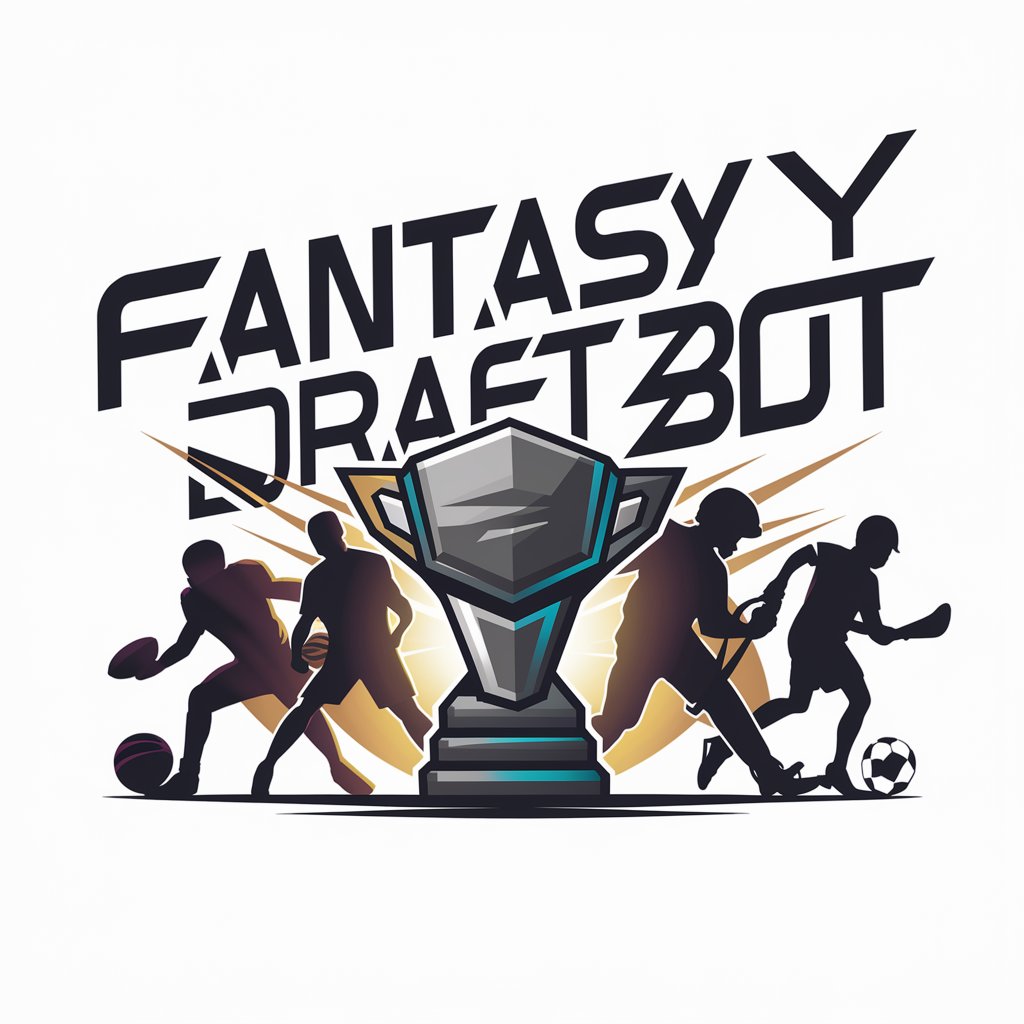
Fantasy sports - Fantasy Sports Expertise
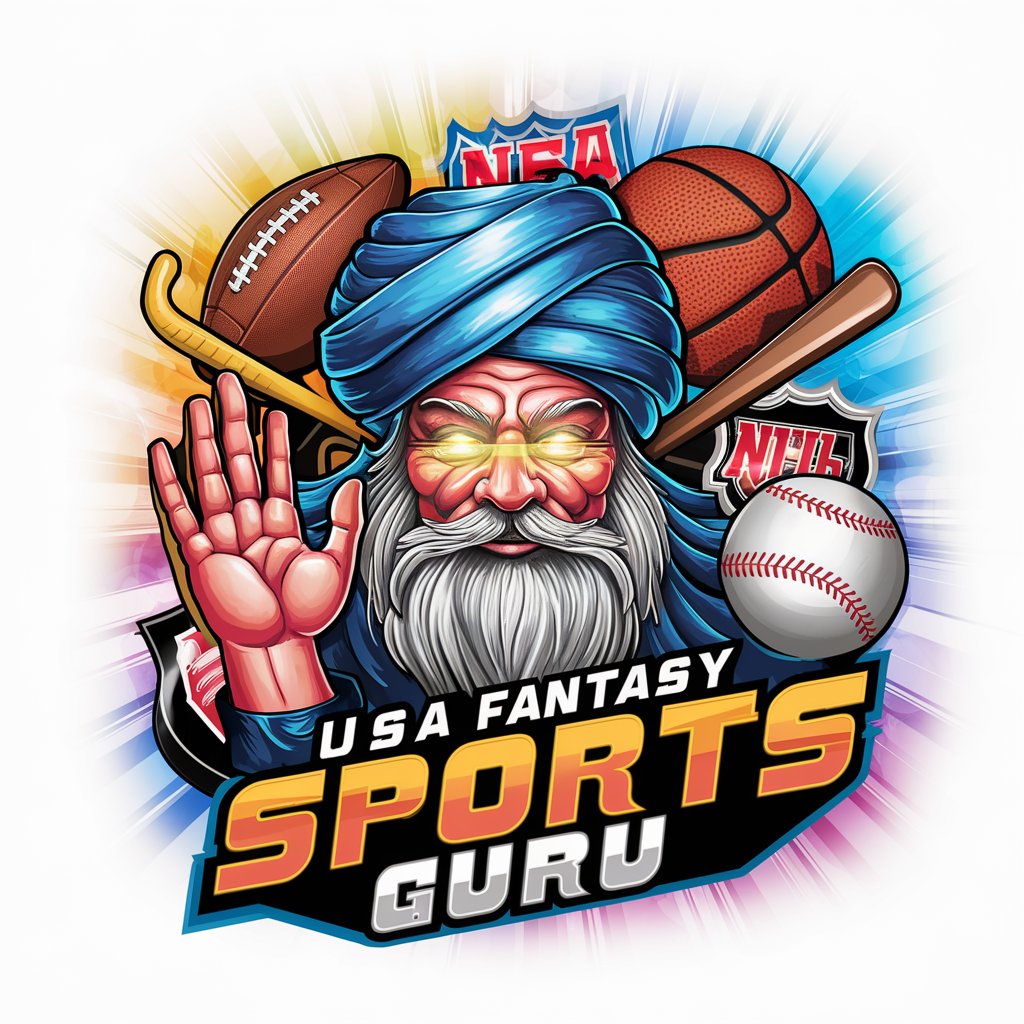
Welcome, fantasy sports enthusiasts!
Elevate Your Fantasy Game with AI
Who are the top NFL quarterbacks for fantasy football this week?
Which NBA players should I add to my fantasy team for better assists?
What NHL goalies have the best save percentages right now?
Who are the MLB hitters with the highest on-base percentages this season?
Get Embed Code
Understanding Fantasy Sports
Fantasy sports are interactive online competitions where participants assemble imaginary or virtual teams of real players of a professional sport. These teams compete based on the statistical performance of those players in actual games. This performance is converted into points, which are compiled and totaled according to a roster selected by each fantasy team's manager. The design purpose behind fantasy sports is to engage fans beyond traditional fandom, allowing them to apply their knowledge of the sport and strategy in managing a team. For example, in fantasy football, participants draft NFL players to their fantasy teams and compete weekly against others by analyzing player stats, predicting performance against real-world matchups, and making strategic player trades and waiver wire pickups to enhance their team's performance. Powered by ChatGPT-4o。

Key Functions of Fantasy Sports Platforms
Drafting and Team Management
Example
Users participate in a draft to select players for their fantasy team, manage their roster by adding, dropping, and trading players throughout the season.
Scenario
In a fantasy football league, a participant might draft a mix of quarterbacks, running backs, wide receivers, a tight end, a kicker, and a defense/special teams based on their projected performance. As the season progresses, the participant makes strategic decisions to replace underperforming players with free agents.
Real-time Scoring and Updates
Example
Platforms provide live scoring updates based on real-world performances of players, allowing participants to track their team's progress in real-time.
Scenario
During NFL Sunday games, a fantasy sports app updates points for fantasy teams as players score touchdowns, accumulate yards, or achieve other statistical milestones, providing an engaging and competitive experience for participants.
League Communication and Competitions
Example
Features like message boards, chat rooms, and competition brackets enhance interaction among league members.
Scenario
A fantasy baseball league uses the platform's message board for trash talk, trade negotiations, and sharing insights, fostering a community and enhancing the competitive spirit among friends or coworkers.
Performance Analysis and Tools
Example
Advanced analytics and tools help users make informed decisions by analyzing player trends, matchup data, and projections.
Scenario
Before setting their lineup for the week, a fantasy basketball manager uses the platform's tools to analyze player matchups, recent performance trends, and expert rankings to decide which players to start and which to bench.
Who Benefits from Fantasy Sports?
Sports Enthusiasts
Individuals who are passionate about sports and enjoy following professional athletes and teams. They find fantasy sports a compelling way to engage more deeply with the sport by managing their own teams.
Competitive Players
Those who enjoy competition and strategy find fantasy sports appealing for the challenge of competing against friends, family, or strangers in a test of sports knowledge and managerial skill.
Casual Gamers
People looking for a fun, engaging way to participate in sports without the physical demands. Fantasy sports offer a social and interactive gaming experience that can be enjoyed from anywhere.
Statistical and Analytical Minds
Individuals who enjoy diving into data and analytics to make predictions. Fantasy sports provide a platform to apply mathematical and statistical analysis to sports, offering a satisfying blend of numbers and competition.

Getting Started with Fantasy Sports
1. Start Your Journey
Visit yeschat.ai to explore fantasy sports with a free trial, no login or ChatGPT Plus subscription required.
2. Choose Your League
Select the sport you're interested in (NFL, NBA, NHL, MLB) to join a fantasy league or create your own.
3. Draft Your Team
Participate in a draft to pick your players based on their past performance, potential, and upcoming matchups.
4. Manage Your Roster
Regularly update your lineup, add or drop players, and make trades to improve your team's performance.
5. Compete and Win
Monitor your team's progress, adjust strategies, and compete against others to win your league.
Try other advanced and practical GPTs
Social Media - Tarot, Spirituality & Learning
Explore spirituality and learning with AI.

Party Planner
Elevate Your Events with AI-Powered Planning

Corporate Event Planner
AI-Powered Corporate Event Planning

Bushido Sensei
Empowering Decisions with Samurai Wisdom

MediNurse Dissertation Assistant
Elevating Nursing and Medical Research with AI

Escape Room Host
Unlock mysteries with AI-powered escapades.

Stoicism Buddy
Navigating life with Stoic wisdom

The Hero Co Streetwise Storyteller
Empower veterans' stories with AI-driven slang and heart.

K2F1
Empowering Your Financial Journey with AI

🚀💎WALLSTREETBETS💎🚀
Empowering finance enthusiasts with AI.

WarrenBuffettValuation
AI-powered Investment Insight

Investment Advisor
Empowering your investment journey with AI

Fantasy Sports Q&A
How do I pick the best players for my fantasy team?
Analyze player statistics, including past performance, injury status, and matchup advantages. Consider drafting a balanced team with strong players in key positions.
Can I change my lineup after drafting?
Yes, you can adjust your lineup, add new players through waivers, and propose trades throughout the season to improve your team.
What's the best strategy for a fantasy draft?
Focus on securing reliable players in scarce positions first. Balance your team with a mix of high-risk, high-reward players and consistent performers.
How important are player matchups in fantasy sports?
Very important. Analyzing upcoming matchups can help you decide which players to start or sit, based on their opponents' strengths and weaknesses.
What do I do if my top player gets injured?
Utilize the waiver wire to find replacements or potential sleeper picks. Keep an eye on player updates and adjust your strategy accordingly.
